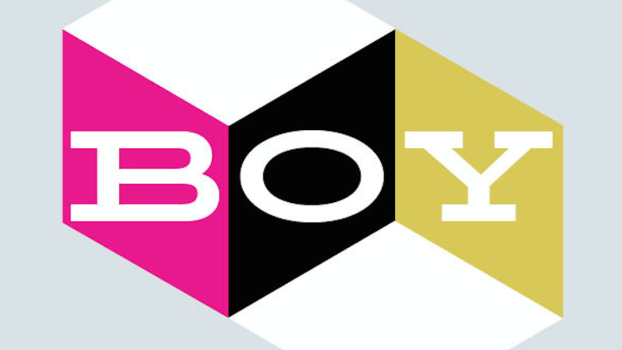 Written by Will Novosedlik
Written by Will Novosedlik
There’s been a lot of pressure on Canadians lately. As we teeter on the edge of recession, question the pandemic’s evolution and struggle with inflation, it may not be surprising to hear that the mental health of working Canadians continues to decline.
The latest release of Telus Health’s Lifeworks survey of workplace mental health confirms this is the case. Almost all mental health scores declined or remained unchanged from the previous month. Other than in Saskatchewan and the Maritimes, mental health scores declined in all provinces. Among sub-scores, anxiety, isolation and work productivity have been the lowest for seven consecutive months.
Its newest report focuses on diversity and inclusion in the workplace. About three quarters of employees believe their organization cares about diversity and inclusion, and this group tends to have higher mental health scores. But visible minorities, Canadians with disabilities, respondents identifying as LGBTQ2+, women and individuals identifying as underweight are more likely to say that they cannot “be themselves” at work. Depending on the sub-score, anywhere from 20-25% of respondents fall into this category. For those who feel they cannot be themselves at work, overall mental health scores tend to be as much as 16 points below the national benchmark.
So there is clearly a disconnect between what 74% of respondents believe and what the remaining 26% experience.
Unfortunately the most disappointing results were associated with Canadians with disabilities, LBGTQ2+, visible minorities and women. Canadians with disabilities are almost twice as likely to report that their organization does not value diversity, that their ideas are not as valued and that they experience more negative comments from their managers. Respondents identifying as LGBTQ2+ are 50% more likely to feel that they cannot be themselves and that their ideas are not valued at work, and are 75% more likely to receive negative comments from their coworkers; women are 20% more likely than men to feel they are not cared for at work and are 25% more likely than men to believe that promotions are not merit-based.
Women continue to show significantly lower mental health scores than men. The survey showed they were 4.5 points lower on average (62.1 points for women versus 66.6 points for men). This point spread is also reflected in the mental health scores of individuals with children versus those without (61.3 versus 65.6), and since childcare historically tends to fall to women, the echo between these two metrics makes sense.
Needless to say, we still have a long way to go on the DE&I front.
In employment-related sub-scores, managers have a slightly higher mental health score than non-managers, although the margin is slim (0.3 points). But self-employed individuals win the prize in this contest with a mental score of 67.5 compared to 61.7 for respondents working in large corporate environments. That suggests that being your own boss delivers benefits that corporate employees do not enjoy.
Perhaps the biggest gap in mental health scores is related to financial health. The survey revealed that individuals without emergency savings experience a mental health score (42.4) that is a full 21.9 points lower than the overall group (64.3), and a whopping 31.7 points lower than those who do have emergency savings (74.1). That’s no surprise in an environment of economic uncertainty and news of the massive layoffs that have already or are about to happen in the tech space.
Regional scores show some interesting differences. B.C. has the lowest overall mental health score at 63.5 points, and Newfoundland showed a sharp decline of 1.8 points. Saskatchewan showed a 2.7-point increase and has the highest mental health score in the country, at 67.1 versus the national average of 64.3.
There’s a correlation here when considering mental health scores by industry. Mining, oil and gas extraction (with a mental health score of 68.9) and agriculture (64.9) showed a 3.1- and 2.9-point increase. Given that these are the foundation of Saskatchewan’s economy, the correlation with regional scores stands to reason.
Professional and other services, which in this survey would encompass the marketing industry, showed between a 2- and 2.8-point decline in mental health, though these scores are still among the highest compared to other sectors. The highest mental health score by industry was enjoyed by enterprise-level management (70.6), despite that it also showed one of the highest declines (2.3 points) since October.























